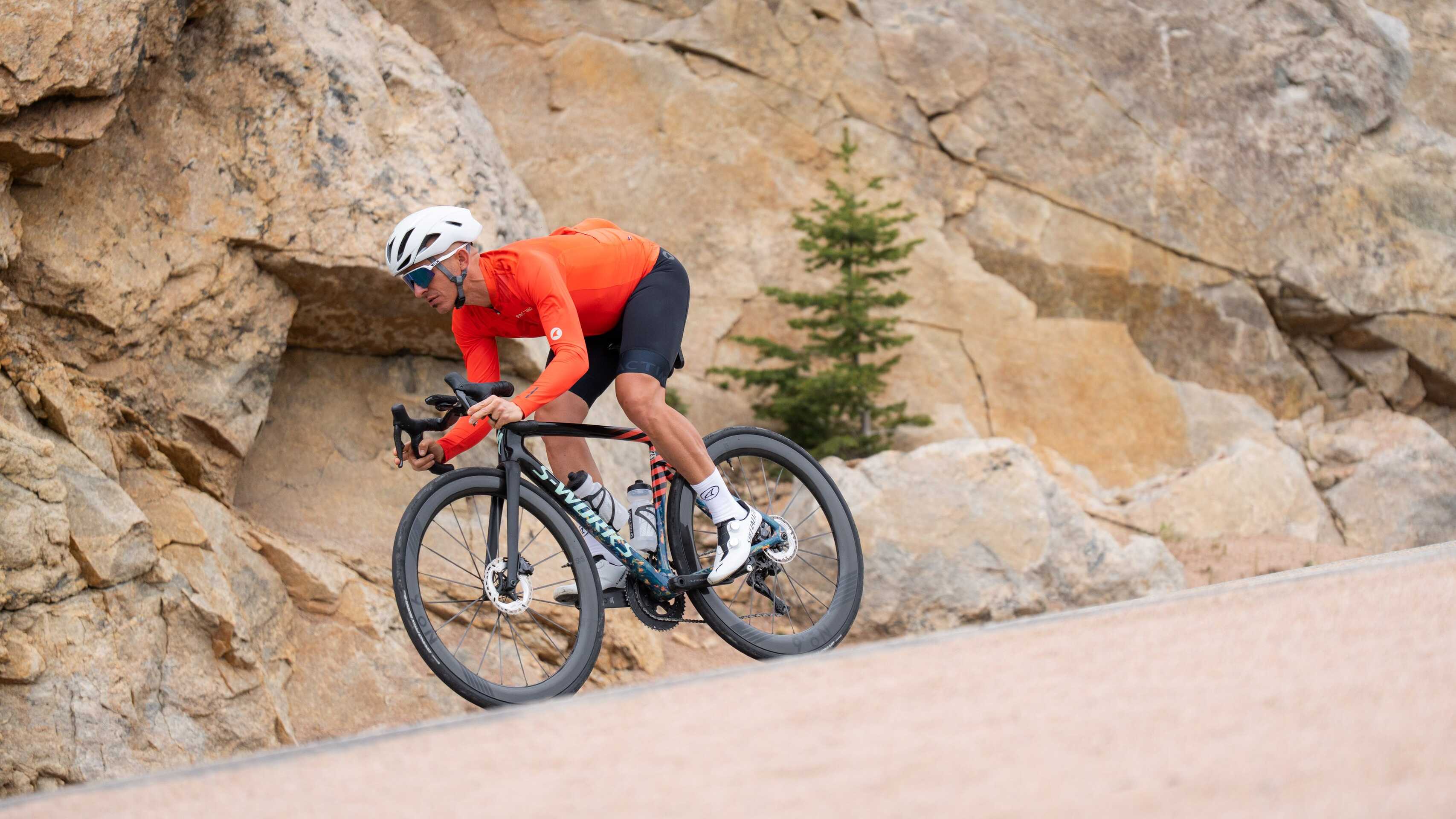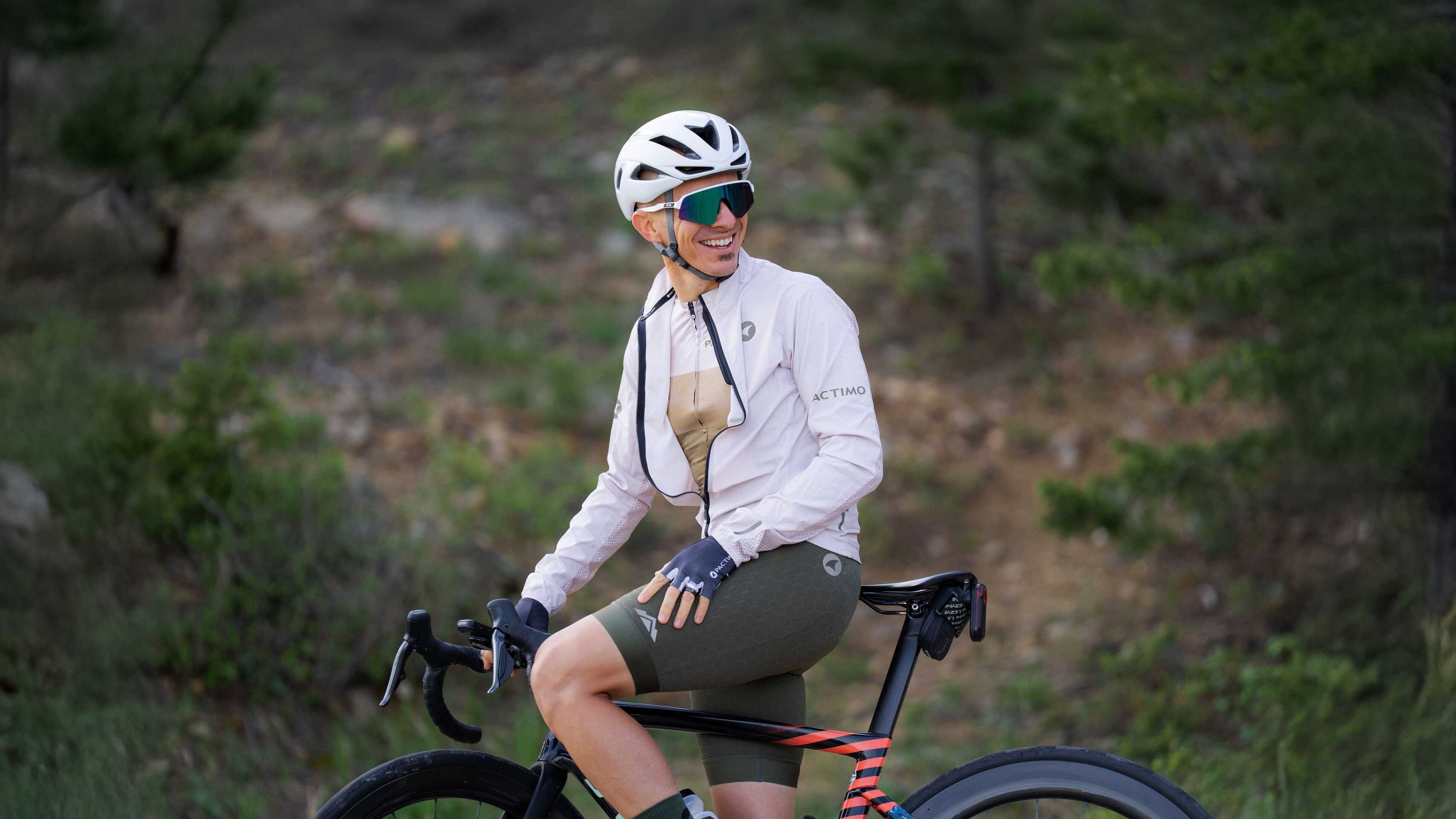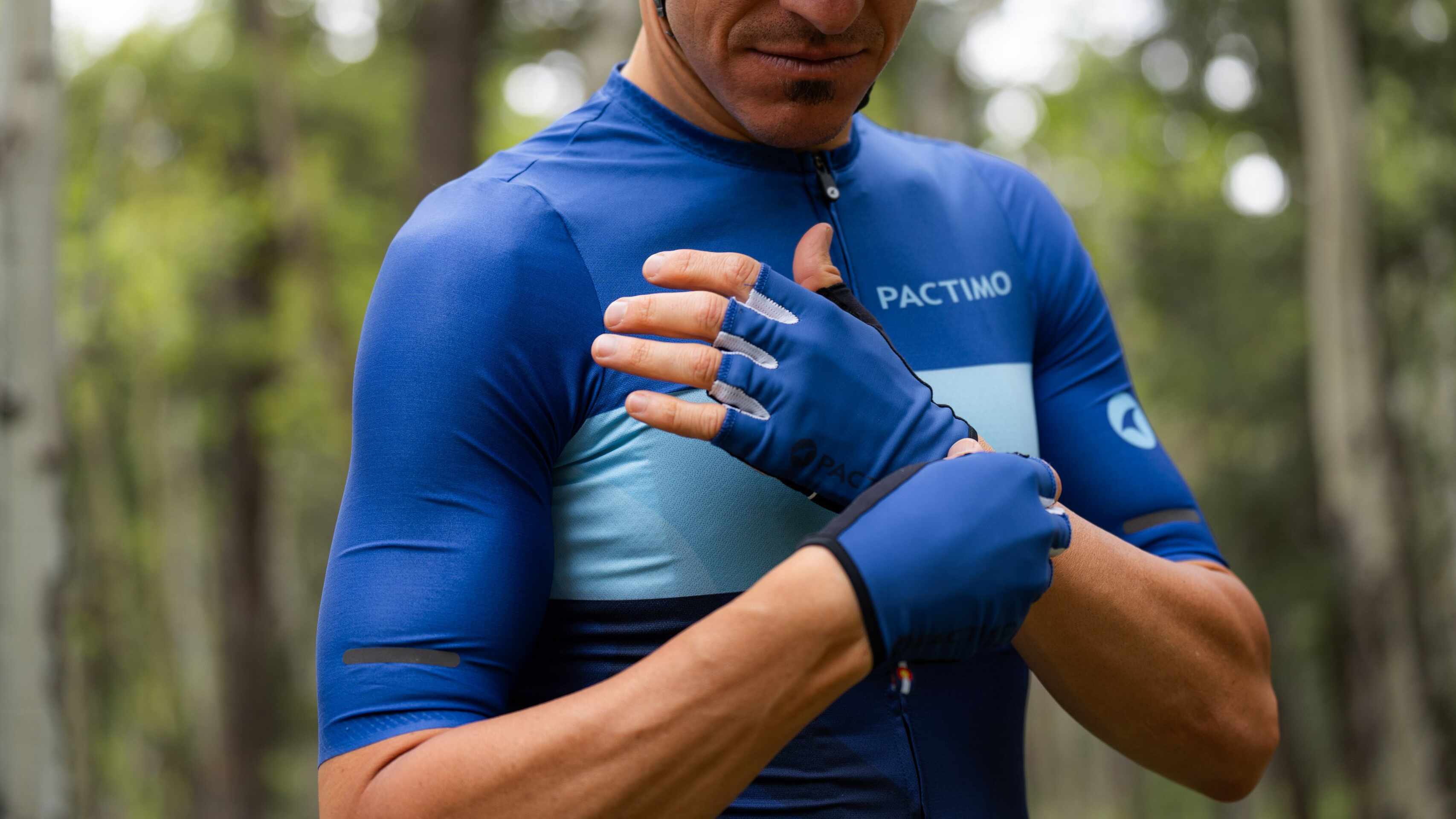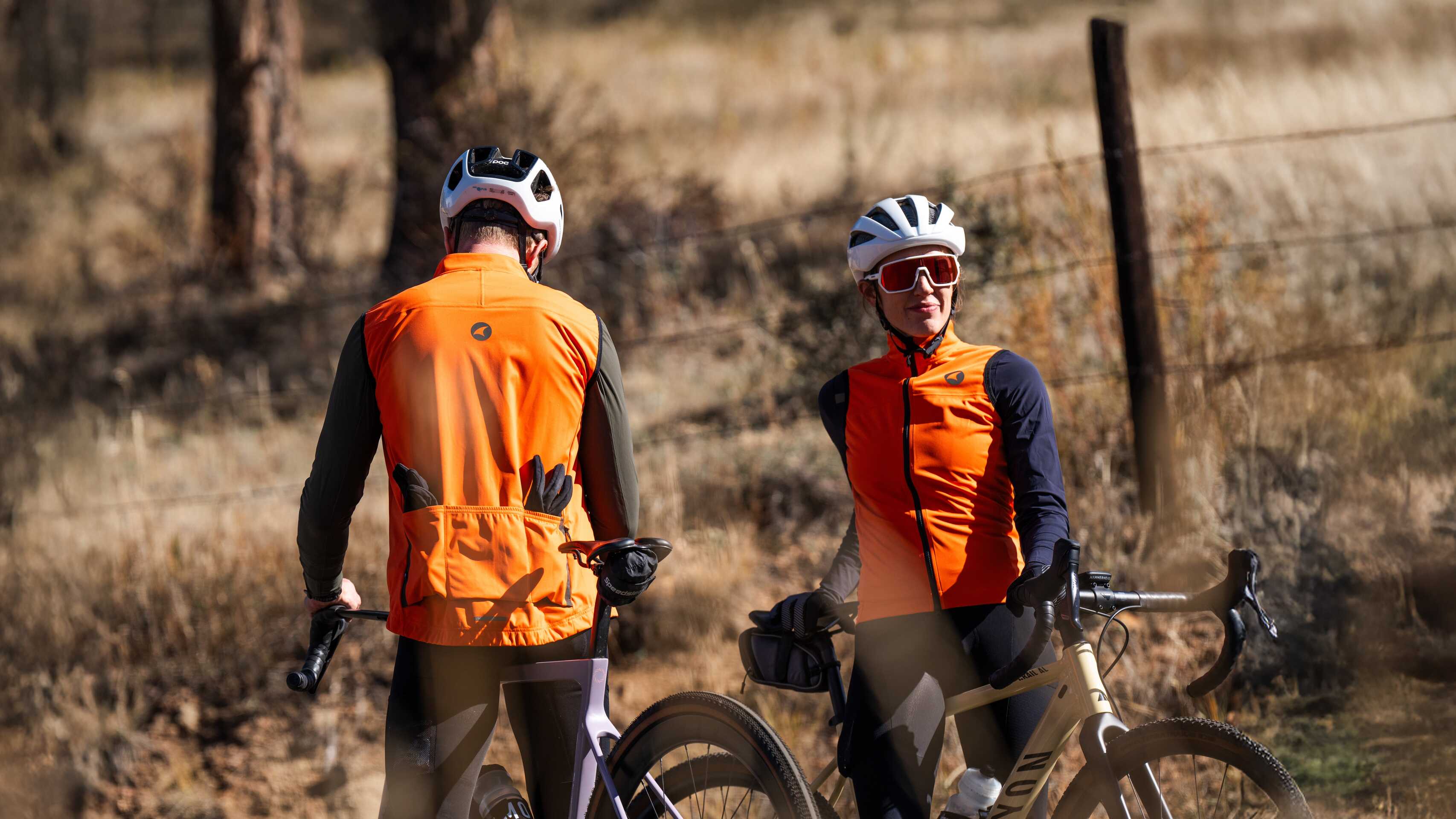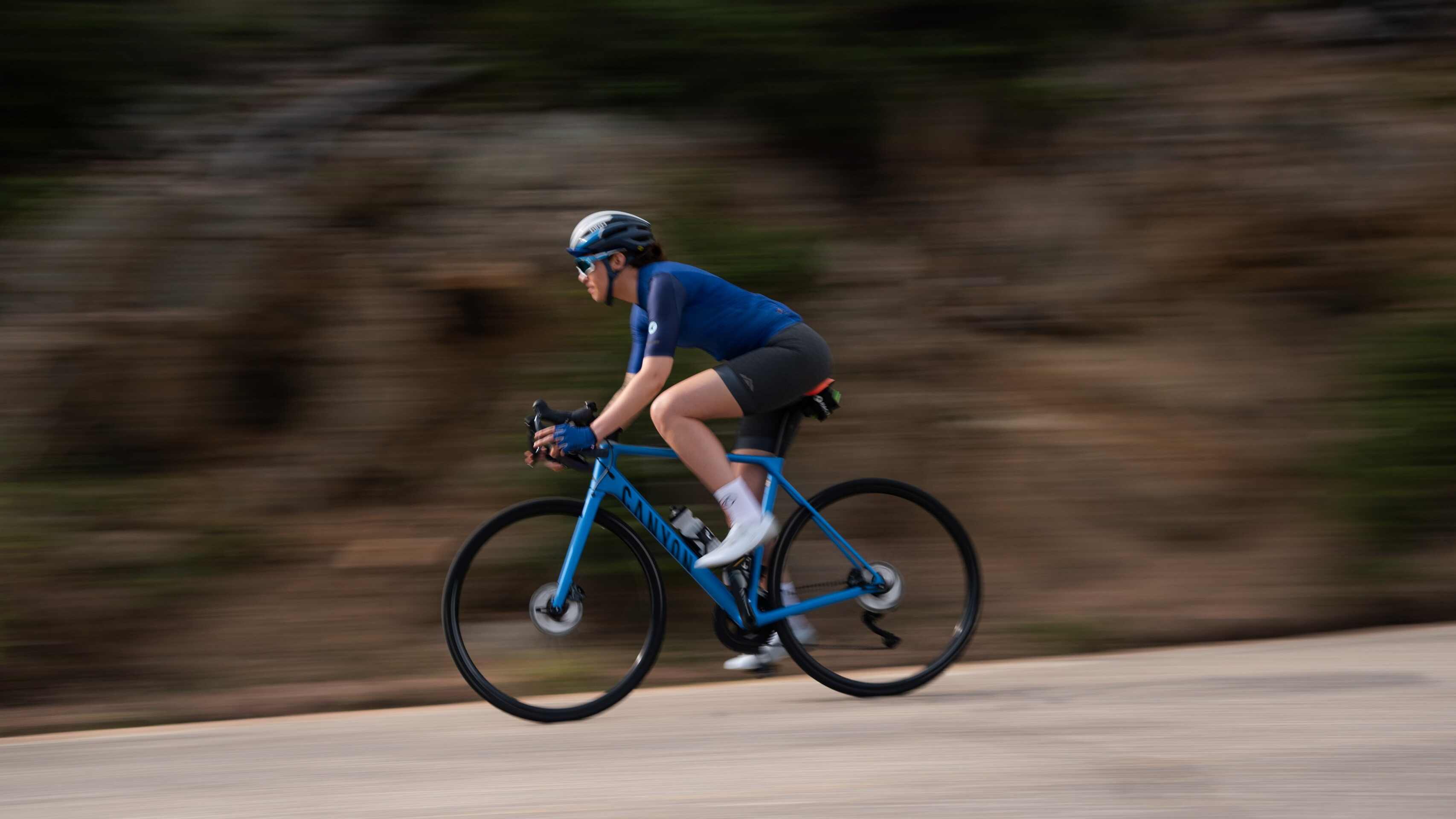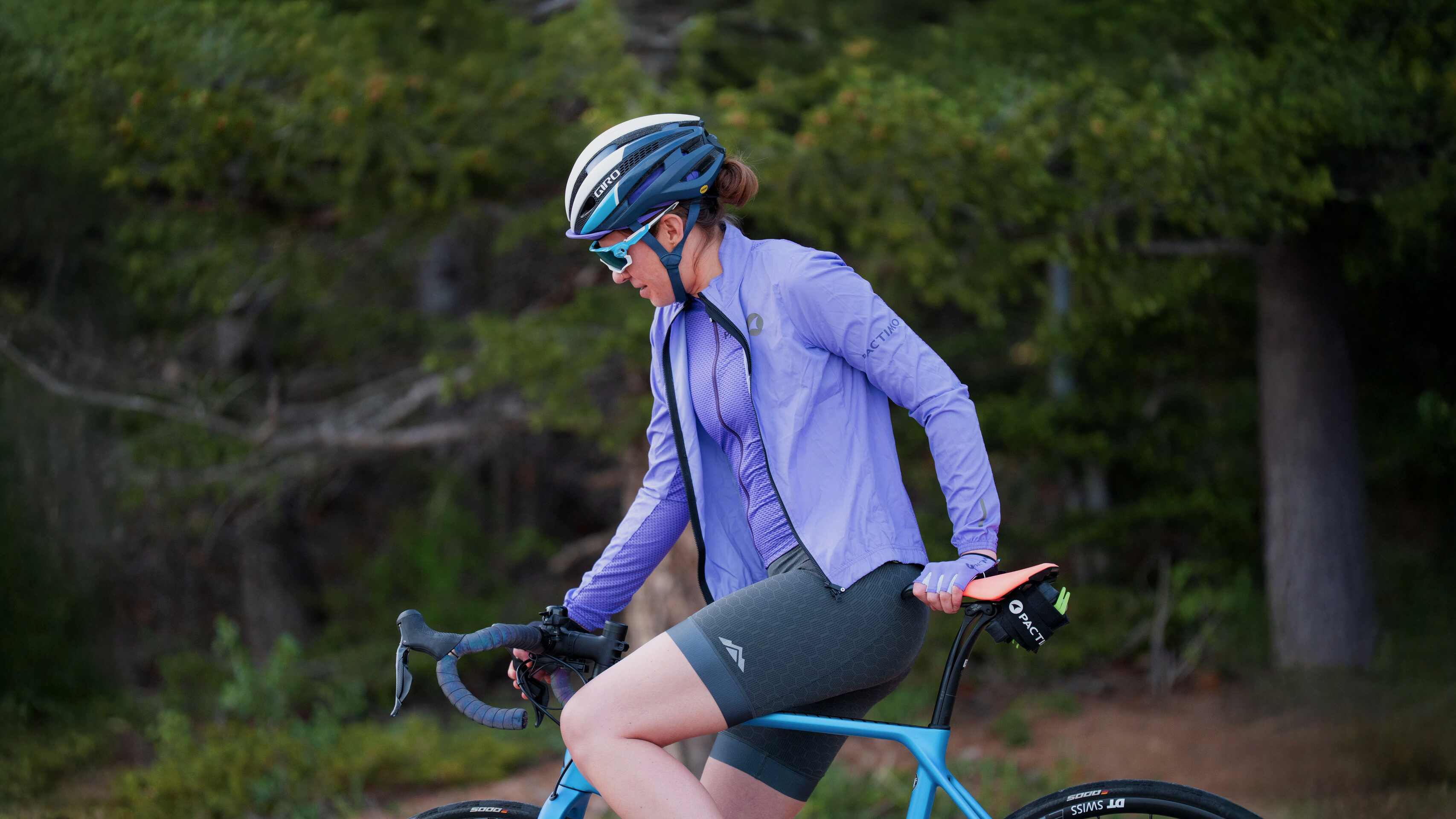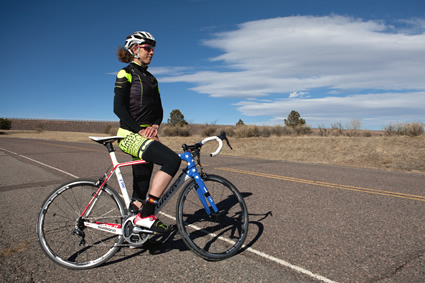“Power to weight really comes into play when you are fighting gravity.”
by Alison Powers, ALP Cycles Coaching
This blog post is a throw back to one of ALP Cycling Coaching’s more popular posts. As the season draws near, should you be focused on pounds, watts, both?
Power to weight ratio. Watts per Kilogram. Race Weight. Three different ways to say it, one simple meaning; however much you weigh, you must have the strength and fitness (power) to move that weight. The theory simply states the less you weigh, and the more power you have, the faster of a bike rider you will be.
Does this mean we all need to go on a diet and get as lean and as small as possible in order to be a fast bike rider? No. Well, it depends. It depends on what your goals are. It depends on what type of bike riding and/or racing you do. It depends on what type of bike rider you are and what boy type you have.
Power to weight really comes into play when you are fighting gravity-i.e. climbing. The more body weight you have, the more you have to fight gravity and the stronger you need to be. For example, if I am riding uphill along side fellow ALP Coach Paddy, who weighs 25.30 pounds less than I do, I would be riding along at ~250watts while she is “only” riding at ~215watts. Now imagine if I lost those 30 pounds but kept my power. I would fly up the hill. However, there is a good chance, that in losing those 30 pounds, more than half of those pounds would be muscle mass and thus, I would lose power and not be nearly as strong, as powerful, and as fast on the flats. 
In determining your ideal race weight, first evaluate your goals. What kind of riding and racing will you be doing and what is the terrain of those riders/races? If your answer is long sustained climbing, rides/races with big and or steep climbing, then perhaps, in addition to gaining fitness and power, it’s time to look over your diet and training to see where you can shed some pounds. On the flip side, if the answer is flatter and/or rolling terrain, sprinting and/or sprint finishes, or a moderate amount of climbing, then focus on a good clean diet, but mostly, focus on getting as fit and as powerful as possible. Plus, there’s a good chance that while getting as fit and as powerful as possible, you lose a few unwanted pounds anyway.
In all honesty, I think too much emphasis is put on the power to weight ratio. At the end of the day, the person with the most determination, never-give-up, suffer like a mo-fo attitude will beat the person with better power to weight ratio who can’t suffer and gives up easily. We all want to be lean mean fighting machines. Some will be leaner than others and some will be meaner than others. Focus on your goals, your training, your diet, your mental toughness and fortitude, and success will come-weighing 150 pounds or 125 pounds.
. . . . . . . . . . . . . . . .
ABOUT ALISON POWERS
Alison Powers only recently retired from cycling, finishing her final season on the UnitedHealthcare Women’s Team. Her career has spanned a wide array of wins, including the 2013 USA Cycling Professional Criterium National Championship where she won in memorable fashion by soloing after an early breakaway that obliterated the pro women’s peloton. Other standout results during the 33-year-old’s 2013 season include the win at Redlands Bicycle Classic, second at the Tour of Elk Grove, third at the US National Road Championship and the US National Time Trial Championship, and stage wins at Cascade Classic, Tulsa Tough, Tour of the Gila and Redlands Bicycle Classic. Hailing from Fraser, Colorado, Powers has been racing bikes professionally for eight years and is a true athlete with her career beginning as a teenager in mountain bike racing. In her mid 20s, she added in alpine ski racing before switching over to the road. In addition to being the current Criterium National Champion, Powers has two other national championships (Time Trial, Team Pursuit) and 2 NRC titles (2009, 2013).
